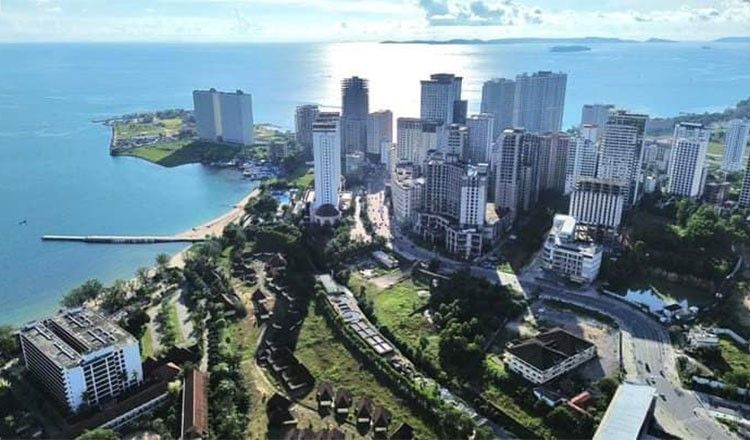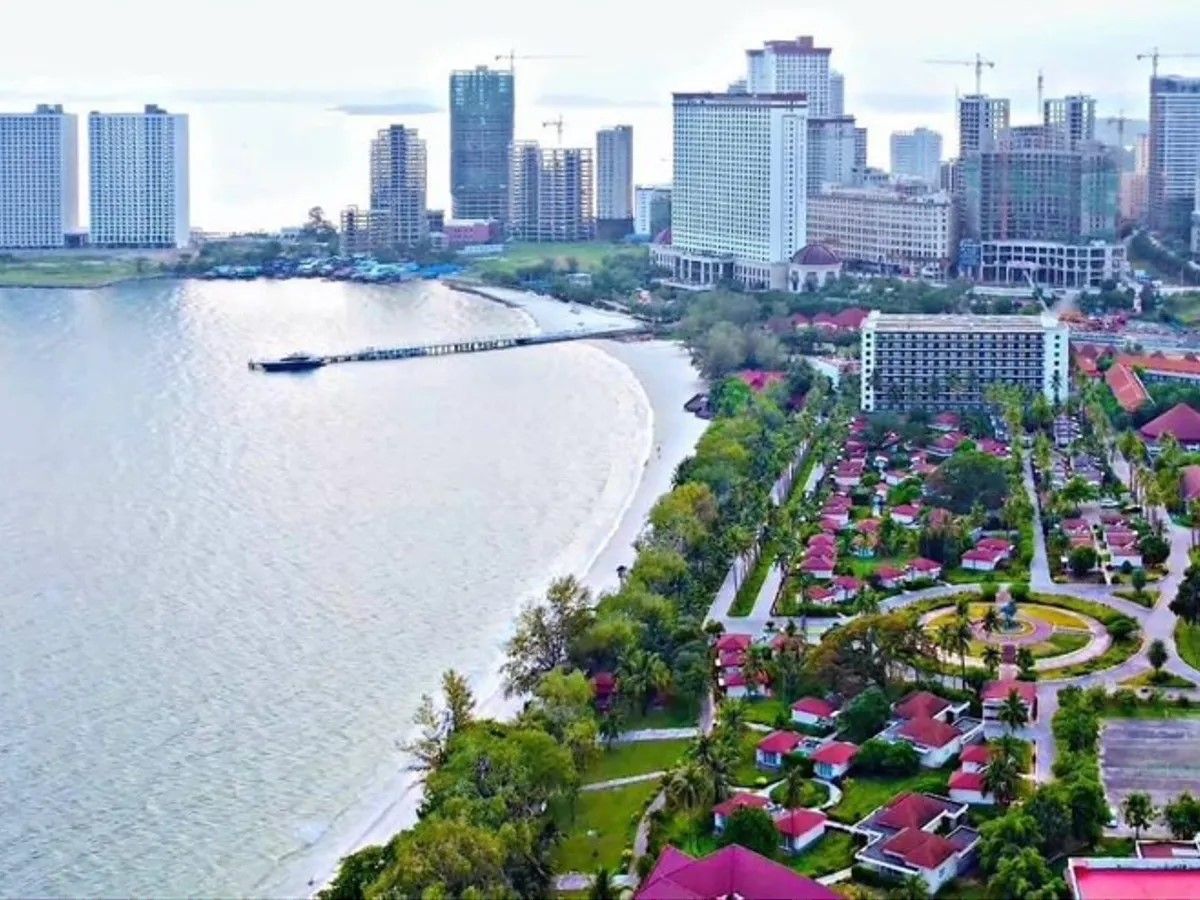Cambodia is a land of cultural heritage with ancient temples and marvelous beauty. The growing economy is driving the attention of foreign investors, and expats are also moving to Cambodia for other benefits. If you plan to move to Cambodia, you must be aware of the rules and regulations. With IPS Cambodia, you’ll find all Cambodian properties that fit your needs. Let’s take a look at the expat movement in Cambodia.

How Many Expats are Living in Cambodia?
On an average basis, around two million expats are living in Cambodia. Considering the growth of the region and rising tourism, most of the preferred places to live in Cambodia include Phnom Penh, Siem Reap, and Sihanoukville.
It is estimated that the number of expats living in Cambodia is expected to rise in the future. The rise will mostly be seen because of rapid urbanization, the growing economy, and the ease of tourism. Various other factors will also contribute to the rise of the expat population in Cambodia.
Cambodia vs. US Taxes
If you’re planning to move to Cambodia, you must be aware of the tax differences from the US, too. This often will help in making smarter financial decisions. Some of the major differences between Cambodia and US taxes include the following:
Capital Gains Tax
The capital gains tax in the US is usually levied on long-term profits. On the other hand, the same is usually levied on the tax in Cambodia. However, the regulations and rates for the Capitals Gains tax differ significantly between Cambodia and the US.
Deduction and Allowances
The US has various deductions and allowances in order to lower the taxable income. Cambodia also has various deductions and allowances, but the structure for the same is significantly different from that of the US. This has a direct impact on the tax liability.
Taxation on Global Income
In the US, individuals are usually taxed on the basis of their global income, irrespective of their residency. However, in Cambodia, the people are taxed based on the salary they source within Cambodia. This is mostly applicable to non-residents.

Tax Brackets
Comparatively, the US has a very progressive tax system, where the rates range between 10% to 37%. Cambodia, too, has a progressive tax system that is levied only on personal income, and the tax rate varies between 0 and 20%. The progressive tax bracket and rate will, however, vary for the US and Cambodia.
Filing Status
Individuals living in the US can file taxes as married, single, or living in a joint family. However, in Cambodia, the taxation is levied on an individual basis. There is no provision for joint filing for married couples in the US and Cambodia.
What to Expect When Moving to Cambodia?
Irrespective of what purpose you’re moving to Cambodia, it is extremely important to have a valid visa for it. A lot of expats usually opt for a visa on arrival, but applying for it before can only help ease and smooth the process. This will ensure that you have a smooth arrival to Cambodia.
If you’re coming to Cambodia for work purposes, it is important that you have a valid work visa as well. Every foreign employee visiting Cambodia should have a work visa to ensure faster approval. If any employee arriving in Cambodia does not manage to show their visa, the employer, as well as the employee, may have to face legal charges.
When you’re moving to Cambodia, you should also ensure that you’re familiar with the living conditions. Cambodia has been the home to over two million expats and is said to have affordable and the best living conditions. Earlier, it was stated that Cambodia doesn’t have the best road networks, which is why efforts are being made to improve road conditions now.
Considering the rapid urbanization and rise of the expat population, the government is taking immediate measures to improve the road connection. Moreover, policies are also being introduced to improve the condition of seaports as well. Furthermore, a lot of other developments and constructions are happening across Cambodia to ease the movement.
Cambodian Visa for Expats
Before visiting Cambodia, you can submit your visa application either at the Cambodian consulate or embassy. Usually, there are two types of Cambodian visa you can apply for: Tourist Visa or Business Visa. Both these visas are valid for 30 days from the arrival to the country, and if required, you may extend the visa to a month more.
Business visas can be extended for a period of 12 months, depending on the requirements of the business. Thus, this is extremely convenient for business owners who may move to Cambodia for short-term business purposes or long-term.
When you apply for your visa for the first time in Cambodia, you may have to pay a slightly higher fee. This may also be applicable when you’re extending the visa. However, when applying for a visa, you must submit all the appropriate documents to avoid any inconvenience.
Where to Live in Cambodia?
While there are numerous places to stay in Cambodia, expats usually prefer Phnom Penh, Siem Reap, and Sihanoukville. This is mostly because the living conditions and development around these areas are usually higher in this region than in others. Moreover, other areas are still in the developing phase and fall more into the category of rural Cambodia. However, there’s no doubt that Cambodia is constantly growing and bringing in exclusive opportunities for the expats to grow economically, too.

Final Thoughts
If you’re someone who’s moving to Cambodia for the first time, it is advisable to apply for a visa accordingly. You may come across a lot of challenges, especially in terms of living conditions or finding a property. Well, all of it can be resolved with the support of IPS Cambodia. With numerous properties listed, IPS Cambodia can help ease many things. Contact us to know more about the properties.

